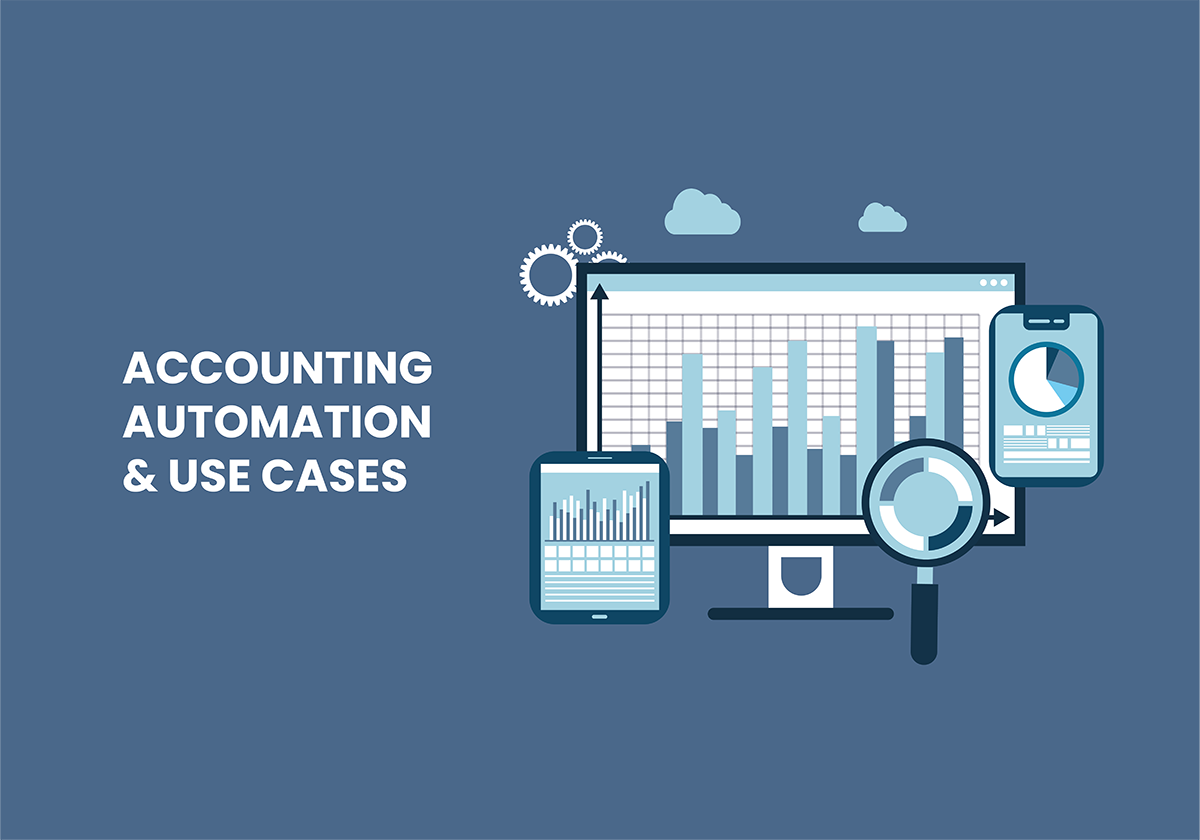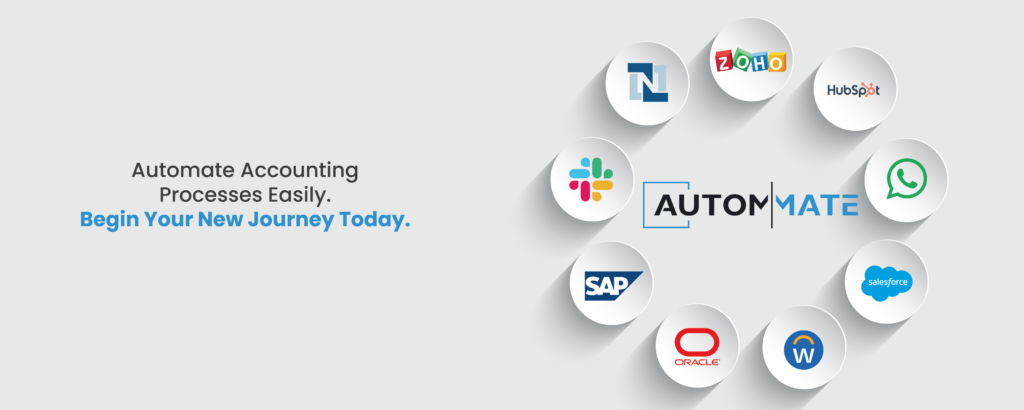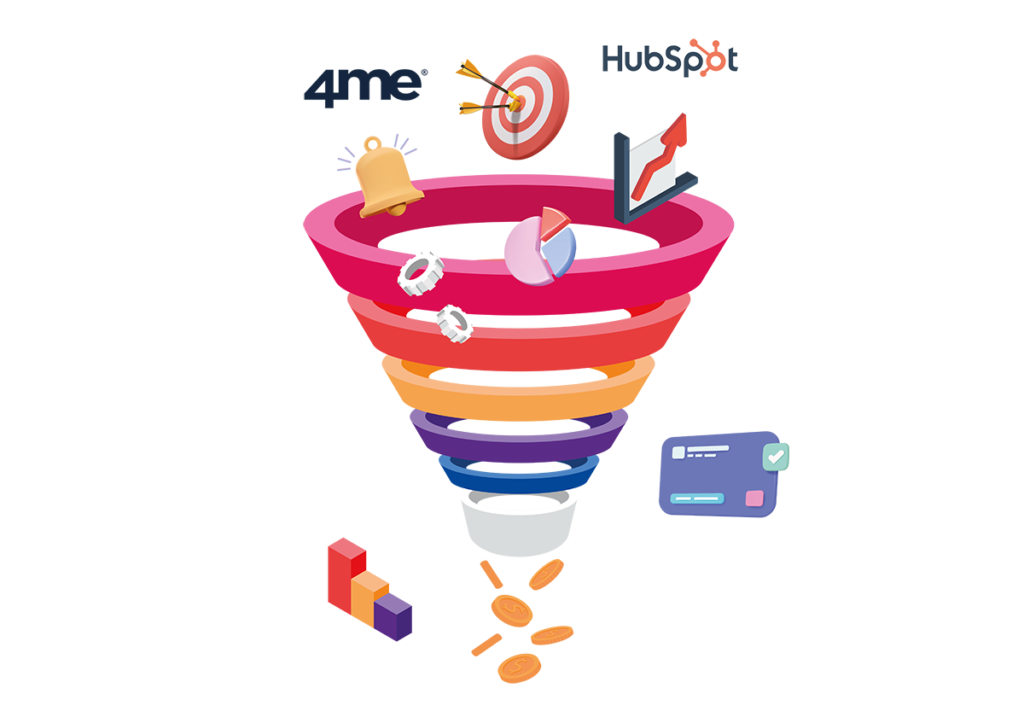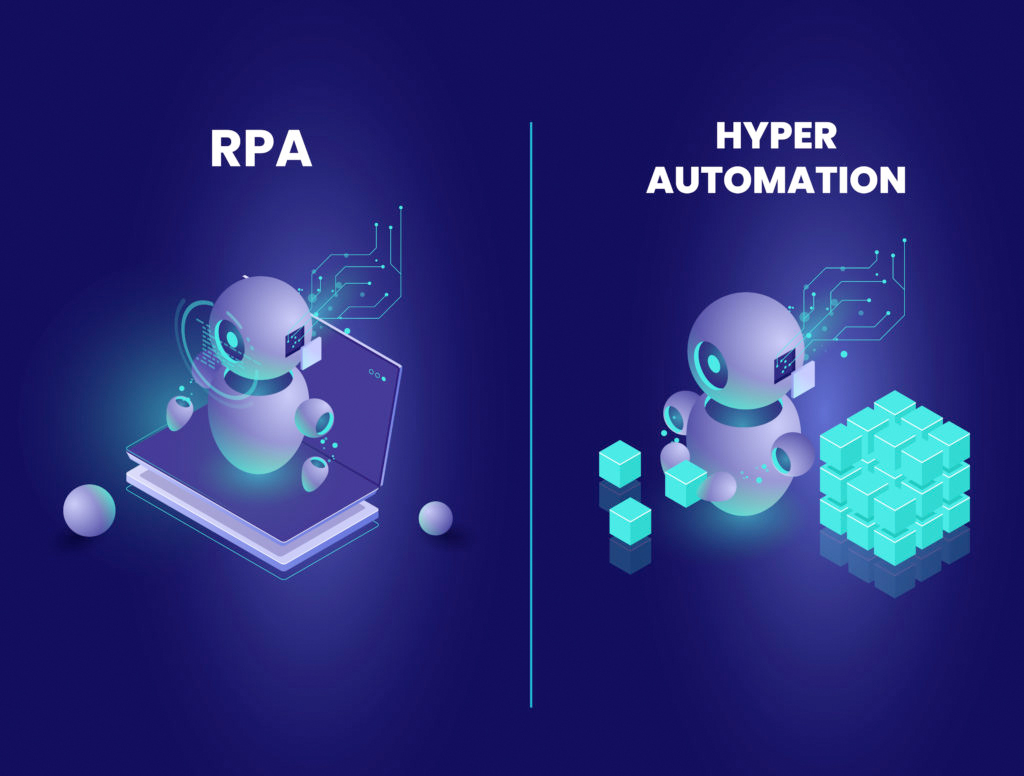Robotic process automation (RPA) is one of the most frequently used technologies in business and commerce. A great deal of time and effort can be saved by automating tedious work processes by using software robots that can perform specific task sequences. One of the most popular areas where RPA is used is accounting automation and financial processes.
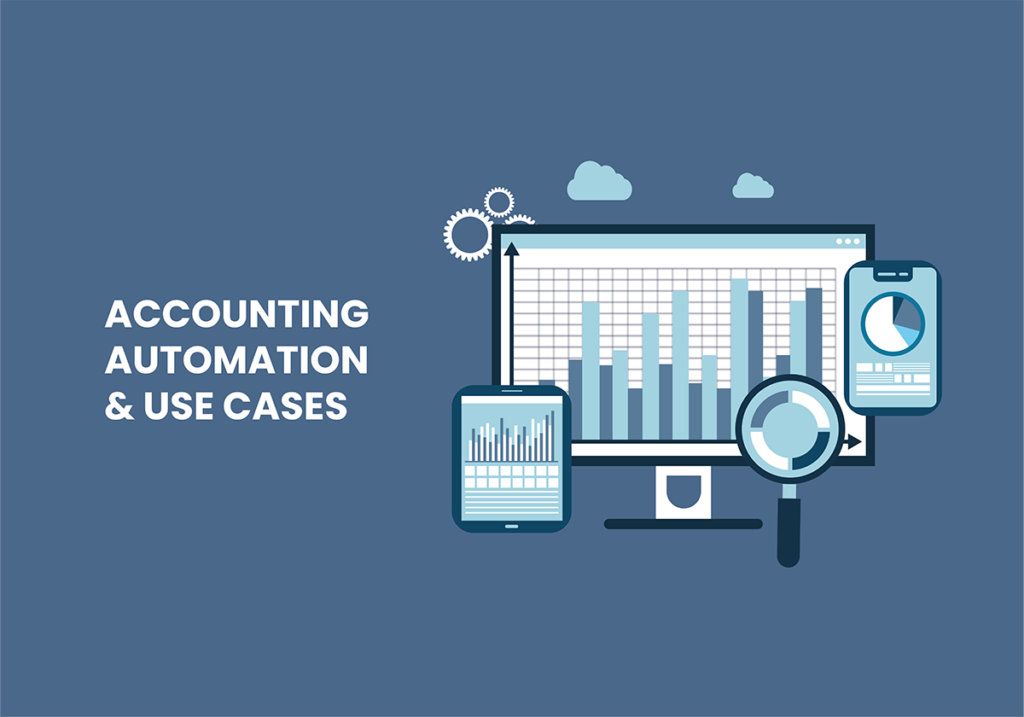
In this article, information will be given about the usage areas of automation processes in the field of accounting and the benefits of this accounting automation.
What Does Robotic Process Automation in Accounting Mean?
With the development of technology, revolutions continue to occur in accounting and business processes. Since most of the processes in the field of accounting are very suitable for automation, many companies have started to use automation. According to a survey, almost 53% of firms had adopted RPA by 2018.
RPA is a software technology that provides automation of processes and is frequently used in accounting and financial fields due to its ability to make many calculations one after the other. Thus, it makes life easier for accountants in these frustrating and tedious calculation tasks. Thanks to the use of automation in accounting, computer-related operations can be easily performed with a few manual methods and keystrokes.
In addition, there is a high probability of making mistakes in numerical calculations and operations that are constantly made by humans. Thanks to accounting automation, these errors are minimized. RPA enables different actions to be combined in an automated process, thus streamlining the accounting workflow. Simplified robotic process automation covers briefly:
- First of all, performing accounting tasks, the RPA bot captures users’ click or entry actions.
- Secondly, the application creates a script that is generated based on users’ actions on the screen.
- Finally, the RPA bot uses created scripts to automate repetitive accounting tasks.
Automation, one of the most useful methods for eliminating repetitive manual actions, has increased the financial improvements of many businesses.
What Are the Benefits of Automation in Accounting?
Some processes in finance and accounting are quite safe to automate. Some of the benefits of using RPA bots that provide 100% consistency and accuracy are:
1- Reduction in Labour Costs
RPA bots used in accounting perform repetitive and time-consuming tasks much faster than humans, thus helping to save resources. Automating accounting processes to reduce labour costs is very advantageous for businesses.
2- Increasing Efficiency
Constantly tedious tasks such as data collection and billing can reduce employee productivity. The adoption of RPA with accounting automation in manual work on some topics to improve workflows also contributes to the growth of businesses. With automation in accounting, it is possible to complete some processes 20 times faster than people can. In short, accounting automation use cases enable employees to work smarter rather than work harder.
3- Minimising Errors
Especially in large companies, the transaction processes of accounting consist of many steps. Errors in calculations that occur at any stage can grow and create big problems for companies. Although it does not include all accounting stages, businesses can integrate accounting automation for some processes where people are prone to make mistakes.
4- Providing Compliance
Ensuring regulatory compliance is also very important. Corporate companies that adopt RPA in their accounting automation can more easily and highly comply with financial regulations.
5- Effective Use of Time
Automation used in accounting ensures that very long hourly losses caused by human errors can be recovered and prevented without having to be reworked. Automation of accounting processes reduces the waste of time and enables this time to be used to reach a competitive edge in order to increase the company’s income level.
6- Improvement of Customer Service
Errors in the reconciliation can delay the processing of invoices and therefore adversely affect the customer experience. To increase the quality of customer service, manual and repetitive tasks in the workflow should be automated by using automation systems in accounting.
How Automation Improves Accounting Processes?
Many companies have to update hundreds of transaction records per month. Accountants working in these companies have to scan documents in information systems, review digital copies, and record data entries.
Automation in accounting facilitates these processes and eliminates human errors. The most common automation uses in accounting include:
1- Accounts Payable and Invoice Transactions
Timeliness and accuracy of the entire process are essential for processing invoices. Manual invoice processing can cause delays in many ways. All invoice processes, including receipt and payment of invoices, can be handled in a short time thanks to automation in accounting. RPA with Optical character recognition (OCR) matches purchase orders with invoices with data from different sources. They then create reminders by sending cleared invoices to accountants.
2- Processing of Purchase Order (PO)
It takes time for businesses to manually process purchase orders for services and route them for approval. Thanks to the automation processes in accounting, a smart data capture tool can be created to enter information into the system and to create a confirmation request.
3- Financial Account Reconciliations
It also takes a lot of time to compare balances. Automation tools used in accounting ensure that reconciliations are done automatically with minimal human intervention, which prevents employees from doing repetitive tedious work.
4- Financial Reporting
It is very important for businesses to have accurate information about income and expenses and to report this information to the company. One of the main topics in which accounting automation is used is profit and loss (P&L) reporting.
5- Budget Planning & Forecasting
Automation bots in accounting ensure the accurate generation of forecast reports with information from various sources and reports. With automation, historical data and current information are combined and reports are prepared, thus contributing to budget management.
6- Management of Employee Payroll
Managing employee payrolls requires long working hours for many tasks, such as data output and entry, timesheet approval, scheduling, and payments. RPA, which automates payroll management, which is one of the usage areas of automation in accounting, is used to prevent errors in payments.
Advanced Accounting Technologies is Ready for Your Use
Today, many companies automate their financial and accounting processes. Many duties such as the processing of invoices, reporting of income and expenses, payroll management, and financial forecasts can now be done easily thanks to automation. Of course, the use cases of automation in accounting bring many benefits such as time savings, money savings, and increased productivity.
Autom Mate provides integrations of robots that can perform complex financial and accounting reports, tax payments, converting orders into invoices, and tracking them. Join the world of Autom Mate automation with a free trial to get rid of the daily tedious work and give your company a new vision.

